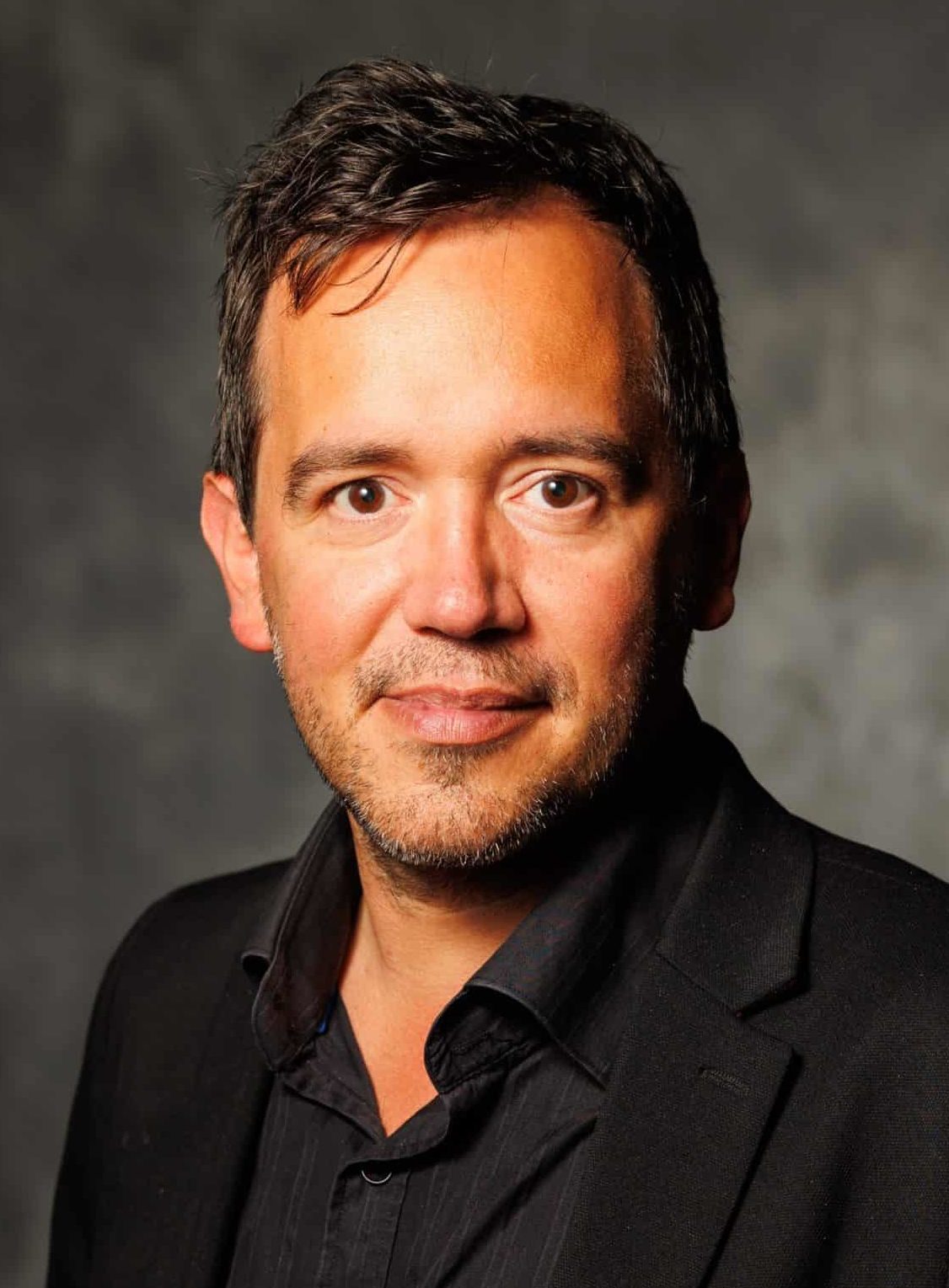
Dr. Alejandro A. Franco was born in Argentina and he is Full Professor at Université de Picardie Jules Verne in Amiens, France and Honorary Member of the Institut Universitaire de France.
He is the leader of the Theory Open Platform at the ALISTORE European Research Institute.
He holds an ERC (European Research Council) consolidator grant for his project ARTISTIC on the digitalization of battery manufacturing processes based on multiscale modeling and artificial intelligence. He also holds an ERC Proof of Concept grant for his project SMARTISTIC on the assistance of battery manufacturers using digital tools.
He is the Chairman of the Expert Group “Digitalization” in the European LiPLANET battery pilot lines network and he won the French Prize for Pedagogy Innovation 2019 for his use of Virtual Reality to teach battery sciences.
He is the author of 135+ peer-reviewed publications, 19 patents, 12 book chapters and delivered 120+ invited presentations in international conferences and 50+ invited seminars in several industries and academic institutions.
He is consulting expert of an important battery gigafactory company. He is grantee of the CNRS INNOVATION RISE programme for the creation of startup, and he is editorial/editorial advisory board member of the journals Batteries & Supercaps, Energy Storage Materials (special issue about AI applied to energy materials), Energy Technology and Scientific Reports.
Digitalization of materials processing: the case of battery manufacturing
The manufacturing of lithium ion batteries is a complex process involving multiple steps and multiple parameters. The electrode properties, determining the practical properties of these batteries (e.g. capacity, lifetime, safety) are strongly influenced by the choice of the manufacturing parameters values (e.g. slurry formulation, coating speed, drying rate, calendering pressure). The optimization of this process by trial-and-error approaches is time consuming and costly.
The use of digitalization of the materials processing in battery manufacturing emerges as a game changer: it allows accelerating the optimization and performing inverse design of manufacturing processes. But have electronic, atomistic or molecular simulations a role to play to solve such a problem which refers mostly to the meso and macroscales? By using as an example some selected results obtained in the ERC-funded ARTISTIC project (www.erc-artistic.eu), I will discuss how digitalization at the meso and macroscales are enough to optimize battery manufacturing for materials and processes of high relevance for industry.
Furthermore, challenges and possible opportunities to make helpful use of electronic, atomistic or molecular simulations in materials processing will be discussed.